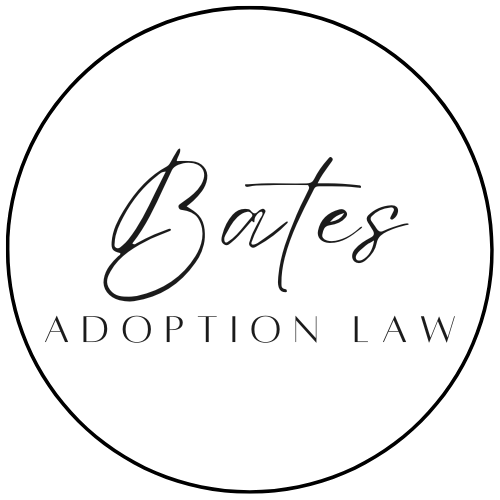Understanding Open Adoption and Post-Adoption Contact Agreements
Adoption is always about building families, but not every adoption looks the same. One important distinction in modern adoption is whether it is open, semi-open, or closed. For many families, the idea of “open adoption” raises questions—what does it really mean, how does it work, and what legal rights does everyone have?
What is Open Adoption?
An open adoption is an adoption where the birth family and adoptive family maintain some level of contact after the adoption is finalized. The level of openness can look very different from one family to another. For some, it may mean exchanging letters, photos, or emails a few times a year. For others, it could mean regular visits, phone calls, or being part of family gatherings.
In short, open adoption is not one-size-fits-all—it’s shaped by the unique relationships and boundaries the families agree on.
How Relationships Vary
Openness in adoption can exist on a spectrum:
Closed Adoption: No contact between birth and adoptive families after placement.
Semi-Open Adoption: Limited contact, often through an agency or intermediary. Families may share letters or pictures but not direct communication.
Fully Open Adoption: Direct, ongoing contact between birth and adoptive families. This may include visits, calls, and long-term involvement in the child’s life.
The right level of openness depends on the comfort, needs, and best interests of everyone involved—most importantly, the child.
What is a Post-Adoption Contact Agreement?
A Post-Adoption Contact Agreement (PACA) is a written agreement that sets out the terms of contact between adoptive parents, the child, and the birth parents after adoption. These agreements can cover:
How often visits will occur
Whether photos, letters, or emails will be exchanged
Phone calls, video chats, or other forms of communication
The goal is to provide clarity and stability, while keeping the child’s best interests at the center.
Enforceability by State
Not all PACAs are legally binding. Some states allow courts to approve and enforce these agreements, while others treat them as informal understandings. Even in states where PACAs are enforceable, judges usually retain the authority to modify or suspend contact if it no longer serves the child’s well-being.
For example, in California, PACAs are legally recognized and enforceable if approved by the court. Because the law varies widely, families considering an open adoption should understand how their state views PACAs before finalizing an agreement.
👉 Bottom line: Open adoption can provide children with meaningful connections to their birth families while giving adoptive parents legal security. But the success of any open adoption depends on clear expectations, honest communication, and an understanding of your state’s legal framework.
If you are exploring adoption or have questions about post-adoption contact agreements, speaking with an experienced adoption attorney can help you navigate your options with confidence.
